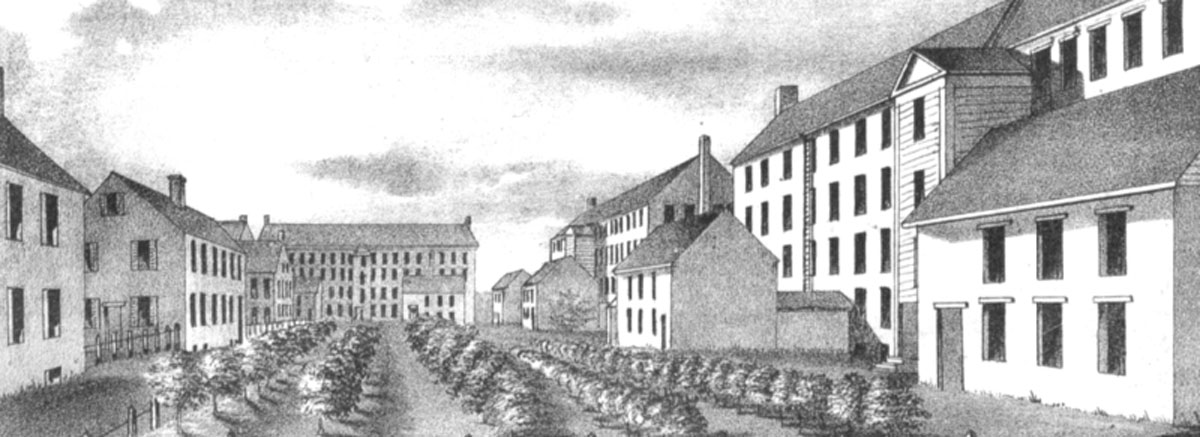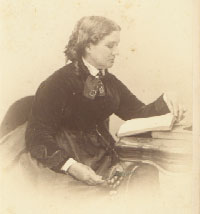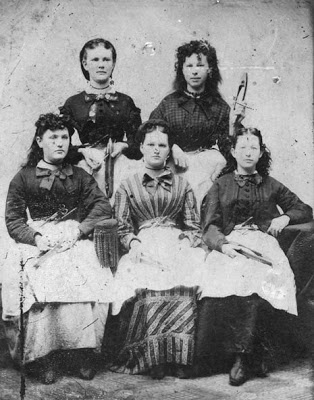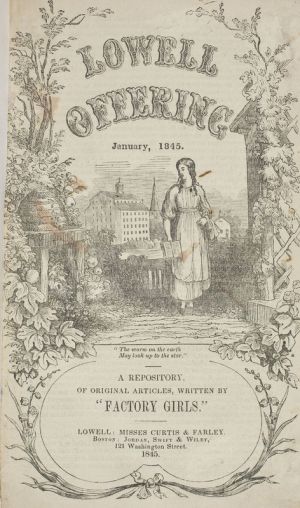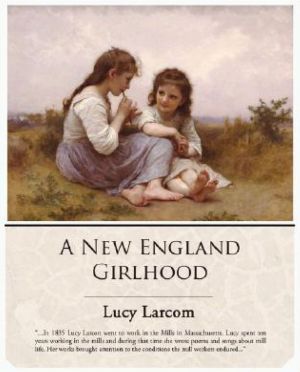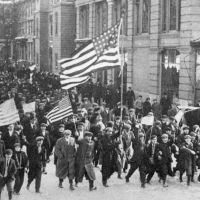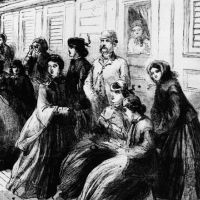Primary Source
From Lucy Larcom's reminiscence, A New England Girlhood:
During my father's life, a few years before my birth, his thoughts had been turned towards the new manufacturing town growing up on the banks of the Merrimack. He had once taken a journey there, with the possibility in his mind of making the place his home, his limited income furnishing no adequate promise of a maintenance for his large family of daughters. From the beginning, Lowell had a reputation for good order, morality, piety, and all that was dear to the old fashioned New Englander's heart.
After his death, my mother's thoughts naturally followed the direction his had taken; and seeing no other opening for herself, she sold her small estate, and moved to Lowell, with the intention of taking a corporation-house for mill-girl boarders. Some of the family objected, for the Old World traditions about factory life were anything but attractive; and they were current in New England until the experiment at Lowell had shown that independent and intelligent workers invariably give their own character to their occupation. My mother had visited Lowell, and she was willing and glad, knowing all about the place, to make it our home.
From A New England Girlhood, Outlined from Memory, by Lucy Larcom (reprinted by Corner House Publishers, 1977).


